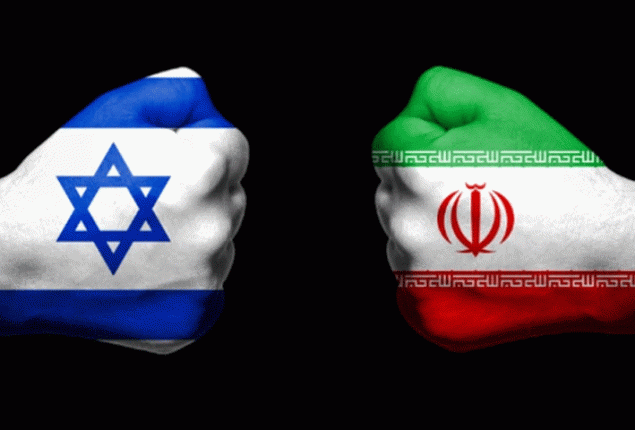

TEHRAN – Iran’s Ministry of Intelligence published a statement on Monday detailing some of its operations launched to counter U.S.-Israeli plots during the 12-day war that broke out in June.
Iran’s Ministry of Intelligence has released a detailed statement outlining a coordinated 12-day hybrid warfare campaign carried out against the country by the United States, Israel, and their allies.
The statement comes nearly 40 days after the recent martyrdom of several Iranian officers, scientists, and intelligence personnel.
According to the statement, the operation launched on June 23 was not a limited military strike but a well-organized and premeditated war involving cyber attacks, psychological pressure, intelligence operations, and attempts to create internal unrest.
The enemy’s campaign aimed to overthrow the government, create national division, and undermine Iran’s sovereignty.
The Ministry revealed that over 20 agents linked to the Israeli intelligence agency Mossad were arrested across various provinces, alongside individuals connected to ISIS and separatist groups, who were found in possession of weapons.
Zionist agencies attempted to assassinate Iranian officials, incite riots, and target the country’s sensitive institutions; however, all these conspiracies were thwarted.

According to Tehran News, Iran conducted extensive offensive intelligence operations within the occupied Palestinian territories, recruiting agents even within the Israeli security apparatus. Crucially, they exploited top-secret documents from Israel’s nuclear information. “Precise coordinates” of critical infrastructure, including sensitive security sites, weapons facilities, and research labs, were relayed to Iran’s armed forces before, during, and after the recent war. Domestically, 20 Mossad spies were arrested. Cooperation with regional intelligence services, facilitated through covert diplomacy, was also emphasized.
Dozens of administrators of espionage and “street warfare” channels were apprehended. Attempts by Mossad to contact citizens via foreign numbers, offering intimidation or asylum, were thwarted. Six major arms shipments to terrorist separatists on the western border were seized, as were large stockpiles in Sistan and Baluchestan and Kerman provinces. Two international arms smugglers were disrupted.
Methods employed in sabotage attempts included funding through digital currencies, fake media networks, and tactics designed to create artificial shortages.
The Ministry emphasized that this enemy campaign was exceptionally extensive and complex in nature, but the determination of the Iranian people, timely strategies of intelligence agencies, and national unity completely defeated the conspiracy.






